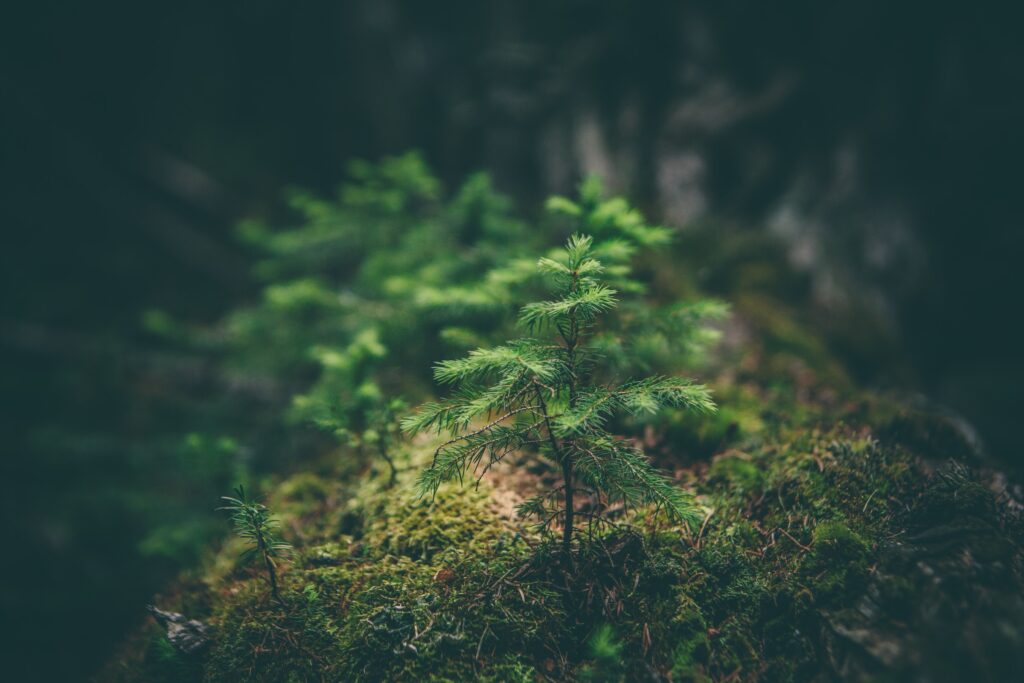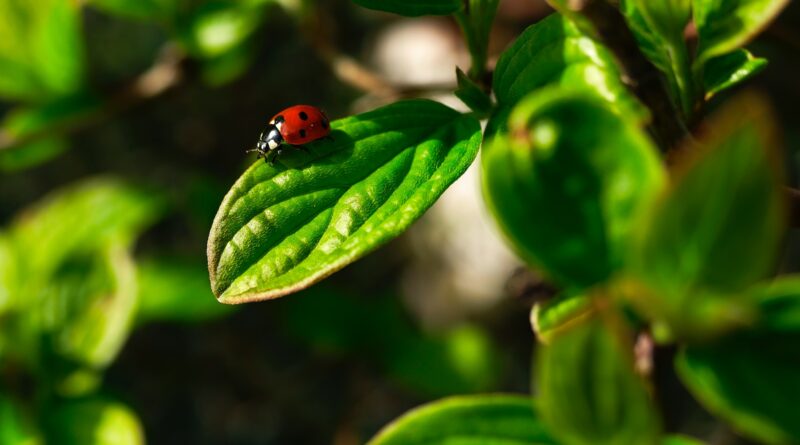Why Preserving Ecosystems Matters

“Within the embrace of nature’s symphony, we find ourselves woven into the fabric of existence, enveloped by the gentle whispers of leaves and the resounding chorus of life. Yet, in our haste, we risk overlooking the profound interconnectedness that sustains us, failing to grasp the sacredness of each fluttering wing and rustling branch.” – Shree Shambav
Why is preserving the delicate balance of ecosystems so imperative? How does this preservation impact the well-being of future generations in terms of physical health, emotional stability, mental well-being, and the cultivation of meaningful relationships?
“Amidst the chaos of modernity, let us not forget that our roots lie in the embrace of the natural world. Our future, and the legacy we leave for generations to come, depends on our ability to cherish, protect, and restore the delicate balance of ecosystems with reverence and love.” – Shree Shambav.
Why Preserving Ecosystems Matters:
In the intricate dance of ecosystems, each participant, whether a soaring eagle or a humble blade of grass, contributes to the symphony of life. This interconnected web, though seemingly simple, intricately weaves together the threads of existence, where a single disturbance can reverberate catastrophically. Yet, amidst this urgency, we overlook the gravity of our actions, perpetuating a cycle of destruction with consequences too grave to rectify. It is in this delicate balance that we must recognise our responsibility and strive to restore harmony before it’s too late.
Gifts from Nature:
“Within the embrace of nature’s symphony, we find ourselves woven into the fabric of existence, enveloped by the gentle whispers of leaves and the resounding chorus of life. Yet, in our haste, we risk overlooking the profound interconnectedness that sustains us, failing to grasp the sacredness of each fluttering wing and rustling branch.” – Shree Shambav
Nature’s bountiful offerings envelop us in the melodic symphony of birdsong, the graceful dance of flowing rivers, and the gentle whispers of rustling leaves. With each passing breeze, fluttering butterfly, and buzzing bee, we are embraced by the fragrant essence of blooming flowers. Beneath the towering canopy of ancient trees, we find solace and sustenance, breathing in the life-affirming oxygen that sustains our existence. Yet, amidst this rich tapestry of life, we often fail to recognise the intricate web of interconnectedness that nurtures us, overlooking the sacredness of the blessings bestowed upon us. It is during moments of introspection that we must awaken to the profound significance of our bond with the natural world, honouring and safeguarding its magnificence for the prosperity of future generations.
Impact on Well-being:
Recent crises, such as the devastating COVID-19 pandemic and the relentless onslaught of natural disasters, serve as poignant reminders of our profound vulnerability in the face of nature’s wrath. By neglecting the delicate balance of ecosystems, we have unwittingly paved the path to disaster, inviting chaos and calamity to wreak havoc upon our lives. The toll on human health, both physical and mental, is undeniable and deeply felt.
Consider, for instance, the catastrophic impact of deforestation in regions prone to landslides and floods. The loss of vital forest cover not only disrupts local ecosystems but also leaves communities exposed to heightened risks of natural disasters. The tragic consequences are all too real, with lives lost, homes destroyed, and livelihoods shattered in the wake of such environmental degradation.
Similarly, the unchecked pollution of our air, water, and soil has dire implications for public health. From respiratory ailments caused by air pollution to waterborne diseases stemming from contaminated water sources, the repercussions of environmental negligence are far-reaching and devastating.
Moreover, the mental toll of ecological imbalance cannot be overstated. As communities grapple with the aftermath of environmental disasters, the psychological impact is profound, leading to increased stress, anxiety, and trauma. The erosion of natural habitats also robs individuals of the solace and rejuvenation that nature provides, further exacerbating mental health challenges.
In the face of these hardships, it becomes increasingly apparent that our well-being is intricately linked to the health of the planet. Our disregard for the environment not only imperils ecosystems and biodiversity but also threatens the very foundation of human existence. It is imperative that we heed these warnings and take concerted action to restore harmony with nature, safeguarding both our own well-being and the future of generations to come.
Impacting Future Generations:
In today’s digital age, children are increasingly tethered to indoor activities, immersed in a virtual world of screens and gadgets. This disconnects from nature and outdoor play not only deprives them of the physical benefits of fresh air and exercise, but also takes a toll on their mental and emotional well-being.
Consider the detrimental effects of excessive screen time on children’s health. Prolonged exposure to digital devices has been linked to a host of issues, from poor posture and eye strain to disrupted sleep patterns and obesity. Moreover, the sedentary lifestyle promoted by constant screen use contributes to a decline in physical fitness, leaving children vulnerable to a myriad of health problems.
Beyond the physical ramifications, the absence of outdoor exploration robs children of invaluable opportunities for holistic development. Immersed in nature, they cultivate a sense of wonder and curiosity, nurturing their creativity and imagination. Interactions with the natural world also foster empathy and compassion, as children learn to appreciate and care for the environment and its inhabitants.
Yet, amidst the allure of technology, these essential connections are often overlooked. Instead of fostering meaningful relationships with their surroundings, children become increasingly isolated, their social interactions reduced to digital avatars and virtual chats. This detachment from the real world not only hampers their emotional growth but also diminishes their capacity for empathy and understanding.
Furthermore, the erosion of traditional family structures exacerbates this sense of isolation. In an era marked by fragmented households and busy schedules, the support and guidance once provided by extended family networks are sorely missed. As a result, children are left to navigate the complexities of life alone, devoid of the wisdom and nurturing that multigenerational living affords.
In this modern landscape, it is crucial to recognise the importance of reconnecting children with nature and fostering genuine human connections. By prioritising outdoor play, promoting family bonding, and instilling values of compassion and responsibility, we can cultivate a generation that is not only physically healthy but also emotionally resilient and socially conscious.
Building a Sustainable Legacy:
“As we stand at the crossroads of environmental crisis, let us heed the clarion call to action and sow the seeds of change in the fertile soil of our children’s hearts. Through the simple act of nurturing a tree, we imbue them with the profound understanding that our destinies are intertwined with the fate of the natural world, igniting a flame of stewardship that illuminates the path to a brighter tomorrow.” – Shree Shambav
We are witnessing the emergence of a generation driven by materialism, consumed by the pursuit of power, and disconnected from the intricate web of life that sustains us. This trajectory, if unchecked, poses a grave threat to the delicate balance of our ecosystems, hastening their decline at an alarming rate. Are we not treading a perilous path that imperils the future of generations to come?
It is imperative that we heed this wake-up call and take proactive measures to safeguard our environment and preserve our ecosystems. Encouraging our children to reconnect with nature through simple yet meaningful actions, such as planting trees and nurturing them, can instill in them a sense of responsibility and stewardship towards the planet.
Imagine a school where each student is assigned a barren plot of land to cultivate and nurture a tree throughout their academic journey. As they watch their tree grow and flourish over the years, they witness firsthand the profound impact of their actions on the environment. They see birds build nests in its branches, observe insects and other organisms thrive in its shade, and learn valuable lessons about the interconnectedness of all living beings.
By integrating such activities into our educational curriculum, we not only foster a deeper appreciation for nature but also cultivate empathy, compassion, and a sense of belonging to a larger ecological community. We pave the way for a future where old age homes may become obsolete, as strong family bonds and communal support systems flourish in harmony with a thriving natural environment.
Let us take the first step towards this vision by empowering our children to become stewards of the earth, nurturing a generation that not only breathes cleaner air and enjoys abundant water resources but also cherishes the rich tapestry of life that surrounds us. The time for action is now.

